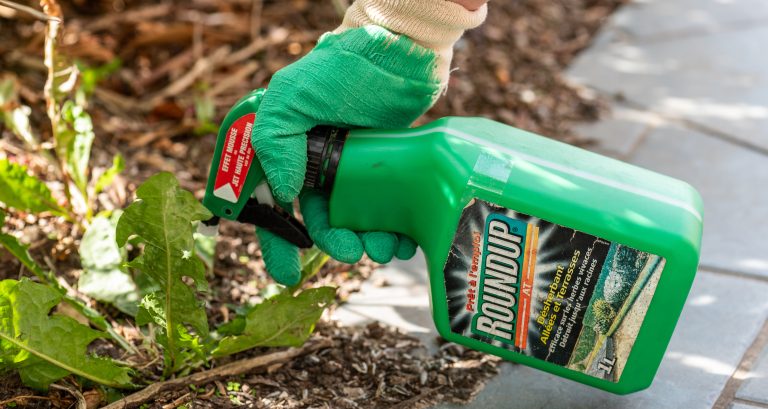FOR IMMEDIATE RELEASE
September 11, 2025
CONTACT:
Aaron Bharucha, Public Relations Associate
(509) 429-1699 and epn-press@environmentalprotectionnetwork.org
Science & Health Experts Say: Harmful Weedkiller – Dicamba Presents Significant Known Risks & Should Not Receive EPA Approval
WASHINGTON, D.C. — A group of senior health and science experts who have voluntarily evaluated the use of a weedkiller linked to crop damage is raising significant concerns in advance of an upcoming decision by the Environmental Protection Agency (EPA) on whether to approve new uses of dicamba. These are former senior EPA leaders with direct experience overseeing pesticide regulations.
“This weedkiller is volatile and has caused significant damage to untold numbers of growers’ crops across the nation. EPA still has not demonstrated sufficient benefits that outweigh those risks, particularly as there are safe and effective pesticide alternatives available,” said William Jordan of the Environmental Protection Network. “EPA must properly evaluate these risks and show this damaging weedkiller is actually needed, not just rubber stamp approvals on behalf of the companies that manufacture these chemicals.”
Dicamba has been a controversial herbicide used for weed control in genetically engineered soybeans and cotton. In warm weather, it volatilizes and can drift long distances, requiring very careful application.
Scientists have found evidence that it has poisoned susceptible crops, home gardens, and other nontarget plants. Despite efforts by EPA and states to control its use, the volatile chemical has drifted into thousands of fields and damaged crops where it doesn’t belong. The results have been unsellable crops, damaged harvests, and ultimately weakened rural communities.
“The instructions and labeling for how to use this toxic weedkiller are so complex and unrealistic that the people who apply it are, frankly, unlikely to understand or comply. Training has not fixed the problem in the past,“ stated Jordan, former Deputy Director of EPA’s Pesticide Office. “Courts have ordered the EPA to revoke its approval of dicamba twice following lawsuits. There are simply too many unreasonable risks to bring it back a third time.”
EPA is now weighing whether to approve dicamba for continued use, with inadequate restrictions the expected outcome.
Why This Matters
This rule is about more than just one weedkiller. EPA is pushing through registration reviews of weedkillers and other pesticides that could be very harmful to human health and the environment, without adequately assessing the risks of the chemicals or whether there is a need for them.
Background
Under federal law, EPA is required to carefully evaluate the effects on public health and the environment before approving the use of a new pesticide. EPA short-changed this process and unlawfully allowed dicamba’s use across the cotton and soybean belt. In February 2024, a federal court struck down that approval, ruling the agency had violated the law. EPA must now decide whether to re-authorize dicamba — and if so, under what conditions.
More Info
On Friday, September 5, 2025, the Environmental Protection Network (EPN) submitted comments on EPA’s proposed decision to approve registration for new uses of dicamba on dicamba-resistant soybeans and cotton.
###
ABOUT THE ENVIRONMENTAL PROTECTION NETWORK
Founded in 2017, the Environmental Protection Network harnesses the expertise of more than 750 former EPA career staff and confirmation-level appointees from Democratic and Republican administrations to provide the unique perspective of former scientists and regulators with decades of historical and subject matter knowledge.

